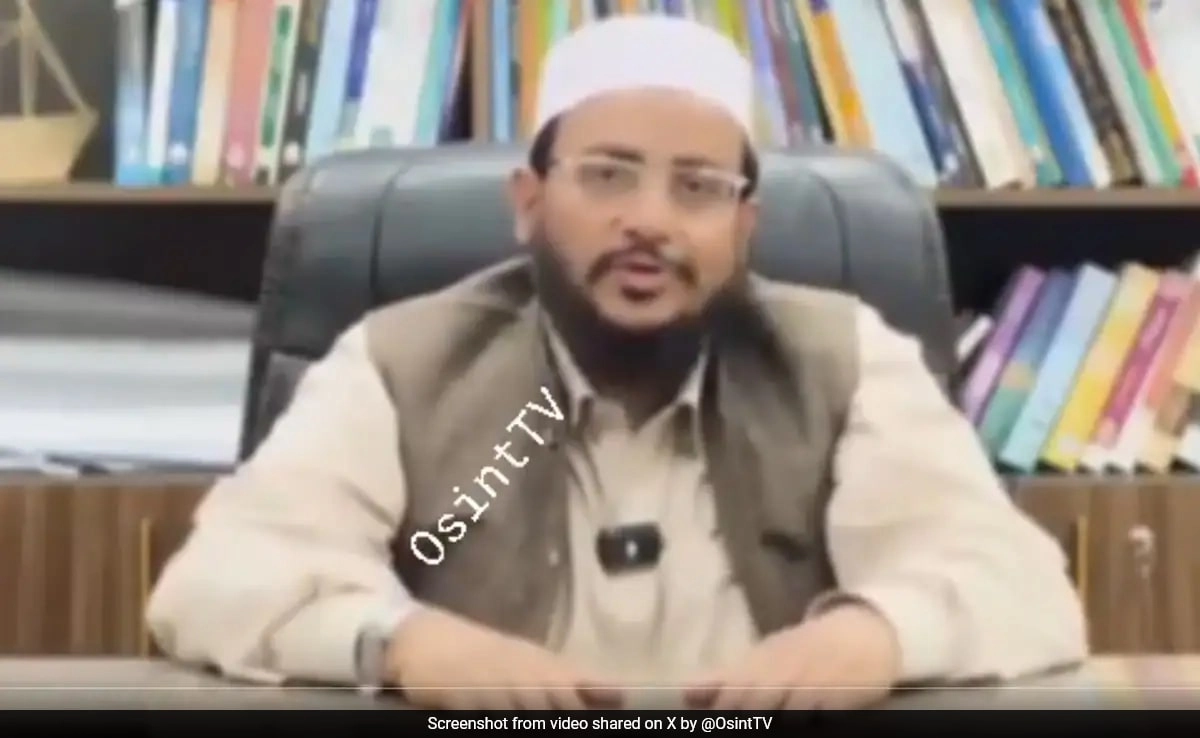In a recent political development that has drawn considerable attention in Pakistan, Hafiz Saeed’s son has directed scathing remarks towards Bilawal Bhutto Zardari, the Chairman of the Pakistan Peoples Party (PPP). This confrontation underscores the ongoing tensions in the political landscape of the country, where familial legacies and political affiliations often intersect in complex and contentious ways. Hafiz Saeed, the founder of the militant organization Lashkar-e-Taiba, has been a controversial figure, and his son’s comments highlight the interplay between his father’s notorious reputation and the political maneuvers of contemporary leaders like Bhutto.
Saeed’s son’s statement raises questions about the credibility and integrity of political figures, especially in a country where the shadows of past leaders loom large. By targeting Bilawal Bhutto, he seems to be challenging not only his political stance but also his lineage and the historical context of his family’s political journey. This confrontation is not simply a personal attack; it reflects broader societal divisions and the ongoing struggle for power among various factions within Pakistan’s political framework. Bhutto, representing a prominent political dynasty, faces the dual challenge of maintaining his family’s legacy while navigating the turbulent waters of current political dynamics.
The implications of such exchanges are significant, as they can influence public perception and voter sentiment in a nation still grappling with issues of governance, security, and identity. As political discourse becomes increasingly polarized, the invocation of familial ties serves to either bolster or undermine political legitimacy. For Bilawal Bhutto, this attack may necessitate a strategic response aimed at reinforcing his position and addressing the accusations head-on, thereby attempting to shift the narrative in his favor. Meanwhile, Hafiz Saeed’s son appears to be leveraging the notorious image of his father to gain political traction, raising ethical questions about the use of such legacies in modern politics.
Ultimately, this incident exemplifies the intricate relationship between personal history and political rhetoric in Pakistan, where past grievances and allegiances continue to shape the present. As the political landscape evolves, such confrontations may become more frequent, highlighting the need for a nuanced understanding of the factors at play. In a context where political identities are often inherited and contested, the dynamics between figures like Hafiz Saeed’s son and Bilawal Bhutto will likely continue to resonate, influencing the trajectory of Pakistan’s political future.




